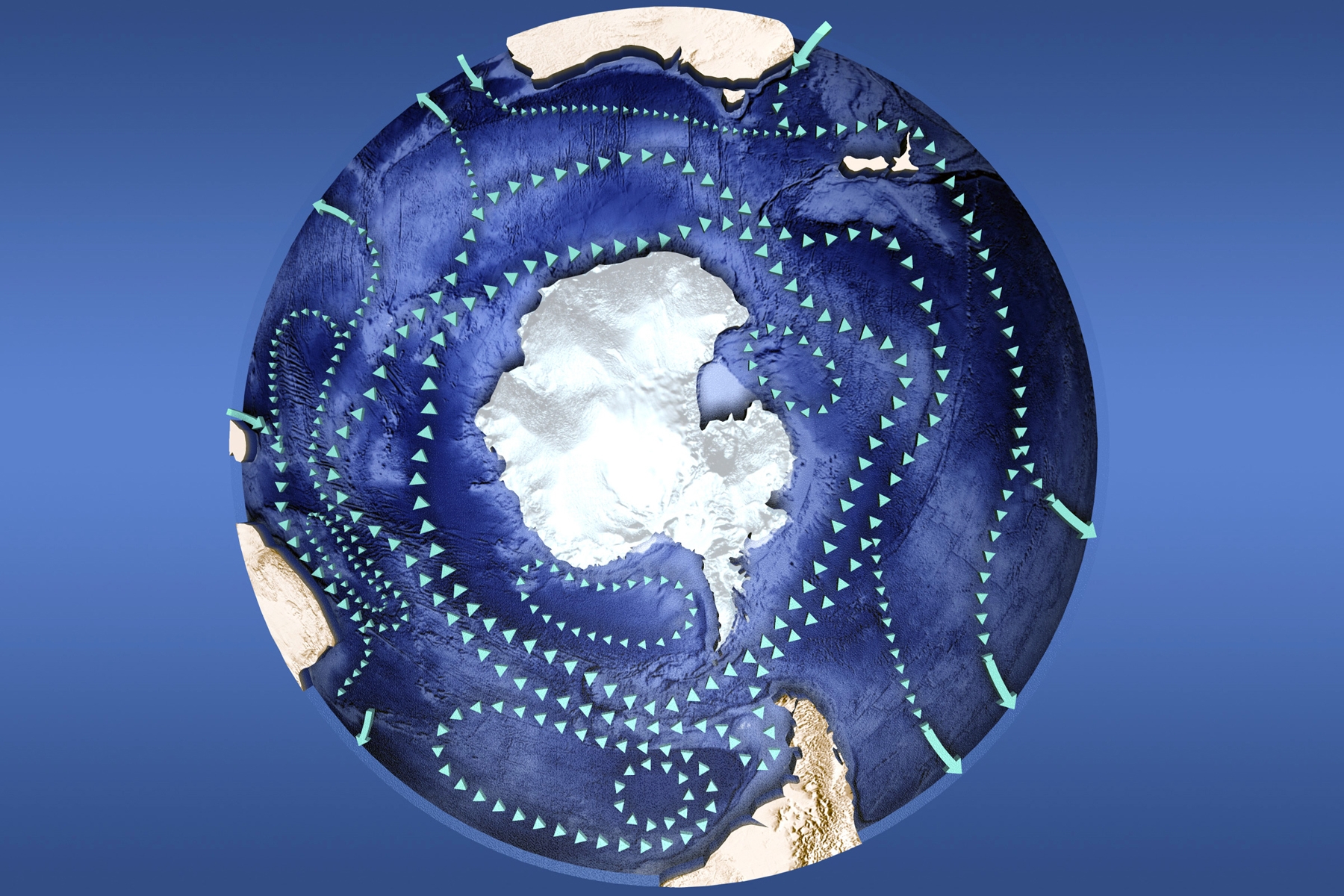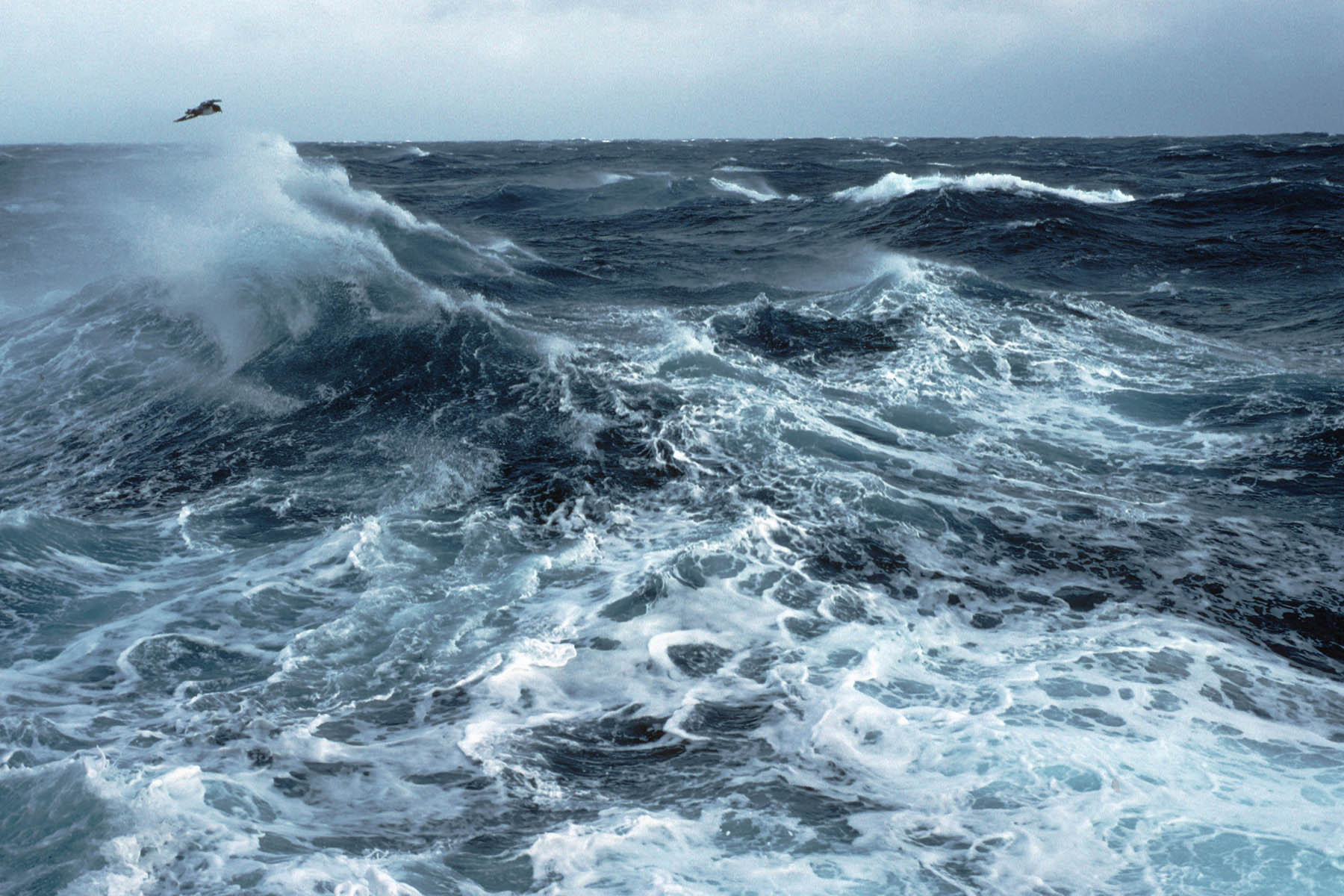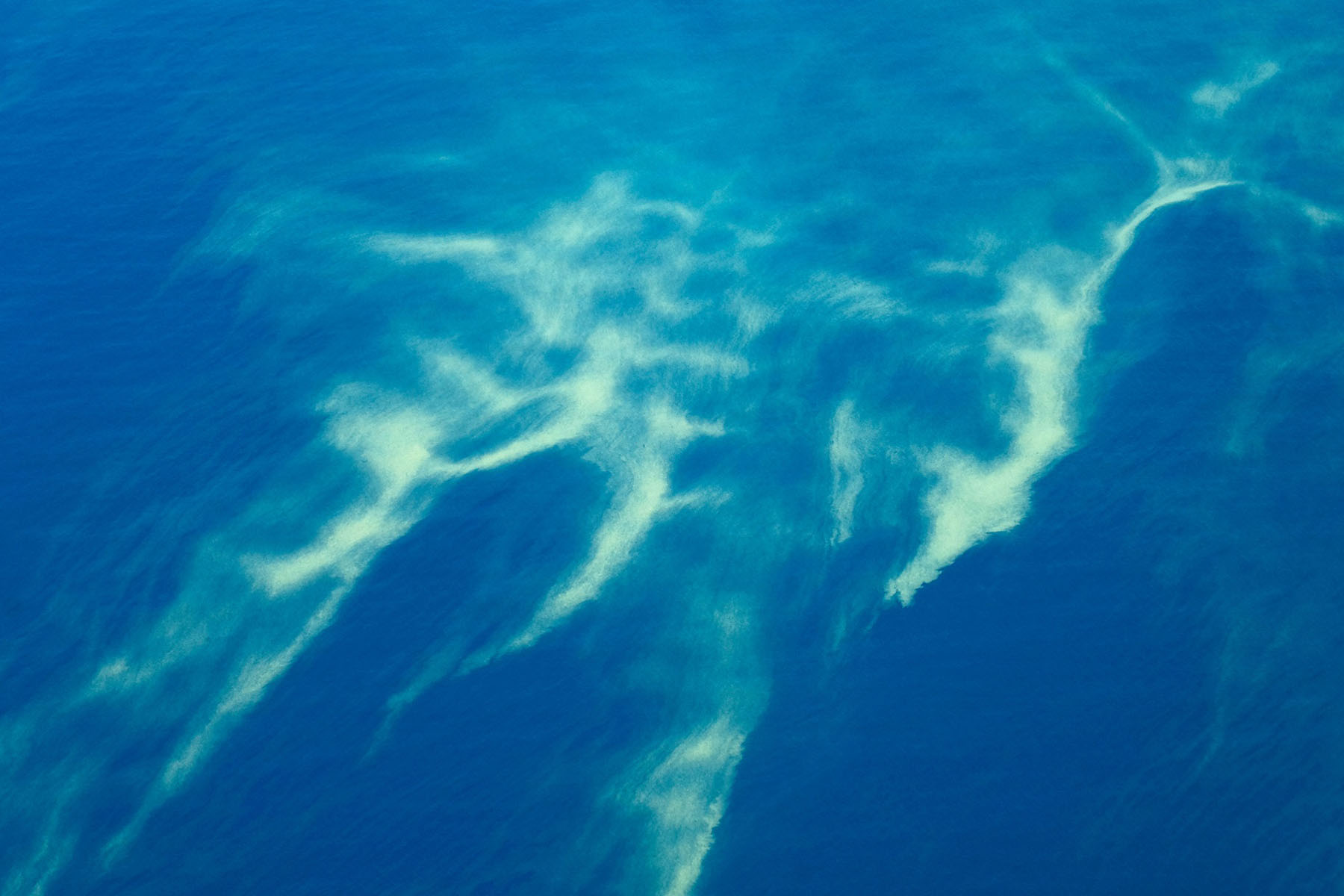Vendee Globe Energy Challenge partners with Indigo V Expeditions to analyse the health of the Southern Ocean during the 2016 Vendée Globe.
The Vendée Globe is the toughest sporting challenge in the world today. As the Everest of Sailing, the three month race around the planet challenges skippers to compete in the world’s most hostile oceans alone, and without assistance.
By showcasing the latest innovations in renewable energy technology, the Vendée Globe Energy Challenge will demonstrate that performance need not be compromised when seeking sustainability and that even racing yachts can make a valuable contribution to oceanography.
Alongside offshore skipper Phil Sharp’s bid to be the first Zero Emissions vessel to complete a non-stop circumnavigation, the yacht will also be equipped with state-of-the-art oceanographic equipment developed by Indigo V Expeditions.
Indigo V will be equipping the racing yacht with their sustainably powered auto-sampling device that takes daily measurements of the ocean eco-system. Environmental metadata, including temperature, salinity and dissolved oxygen will be displayed in real-time via satellite uplinks on a website portal with geospatial information.
Critically, the auto-sampler will also collect regular seawater samples, storing biological information of the marine microscopic plankton for later analysis. This largely unknown ecosystem of bacteria, algae, dinoflagellates, ciliates, archea and viruses, collectively known at the marine microbiome, forms the foundation of the food web, fixes vast amounts of carbon and produces half the oxygen we breathe. These are also the first organisms in the oceans to respond to environmental stressors. To better understand the marine microbiome, vast data sets are required that traditional oceanographic research vessels cannot provide.
Through the union of pioneering technology, the Vendée Globe Energy Challenge and Indigo V Expeditions aim to demonstrate that sustainable oceanography and clean energy innovations can make unprecedented break-throughs in our existing scientific knowledge base, leading to the preservation of our fisheries and oceans.
The British skipper, who won the Route du Rhum in the Class40 category, shares values with Indigo V Expeditions in that both are concerned for the future of our changing planet and seek the protection of the oceans.
Indigo V Expeditions, through their Indigo Project, is transforming the landscape of traditional oceanography with the unconventional use of leisure and race yachts as ‘oceanographic vessels’ that use this innovative auto-sampling equipment.
Associate Professor and Director of Indigo V Expeditions, Federico Lauro says,
“To collect this amount of oceanographic data would have been impossible even a few years ago. Moreover, getting a snapshot of the microbiome inhabiting the Southern Ocean and multiple samples from across the polar front in one single season has never before been possible with conventional research vessels because they are too slow and too expensive to run. Not to mention their large carbon footprint.”
Phil Sharp commented:
“This exciting partnership with Indigo V Expeditions will enable us to create something very unique and invaluable for the science community. The Southern Ocean is critical to the global ocean system. It is the only place that links the Pacific, Atlantic and Indian Oceans, exchanging important nutrients between them, and is ultimately thought to be responsible for a large percentage of the biological productivity in the world’s oceans.”
“By collecting data from every longitude around the globe in the same season, we can help assess the health of the Southern Ocean today, its potential for driving life, and the effect of human footprint on the planet. Protecting this great wilderness is hugely important as it provides food not only for the world’s largest mammals, but also for us humans.”
The Southern Ocean role also extends to capturing approximately 30% of atmospheric carbon uptake and sequestration, as well as being the primary source of deep oceanic bottom waters that are generated by the sinking of high density brine created during winter sea ice formation. These ecosystem services are critically balanced and are amongst the most susceptiple planetary features to future changes in climate. The metagenomic approach employed by Indigo Vallows, for the first time will capture snapshots of structure and function of the microbial community as a whole and correlate it with environmental forcing factors.
Professor Lauro of Indigo V Expeditions said:
“We are very proud to be a part of Phil Sharp’s vision for a clean renewable future. As an oceanographer and sailor myself, it’s tremendously exciting to see the merging of oceanography, sailing and technology that allows us to achieve major breakthroughs in our existing knowledge base. It really is the perfect marriage of disciplines.”
Together, they hope to bring attention to the fragility and importance of the open ocean.


